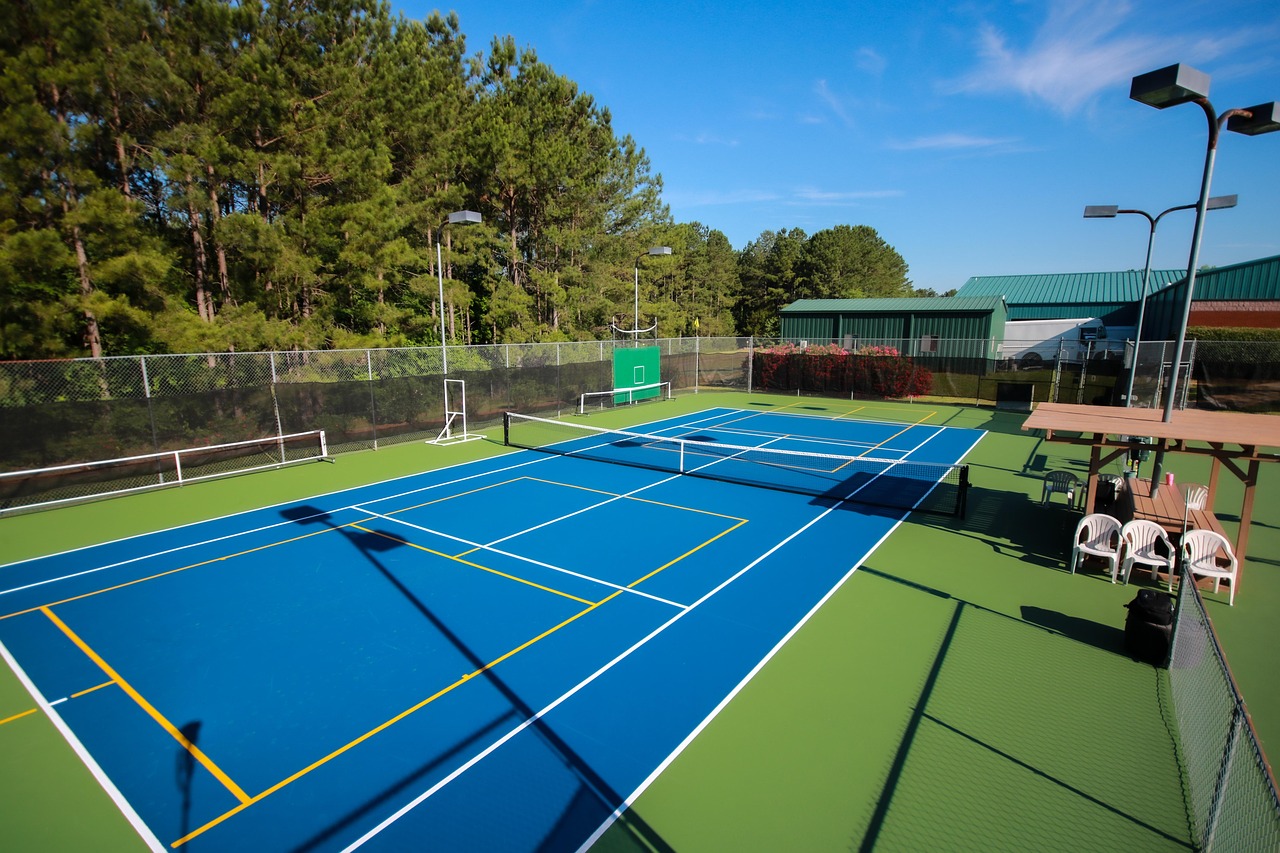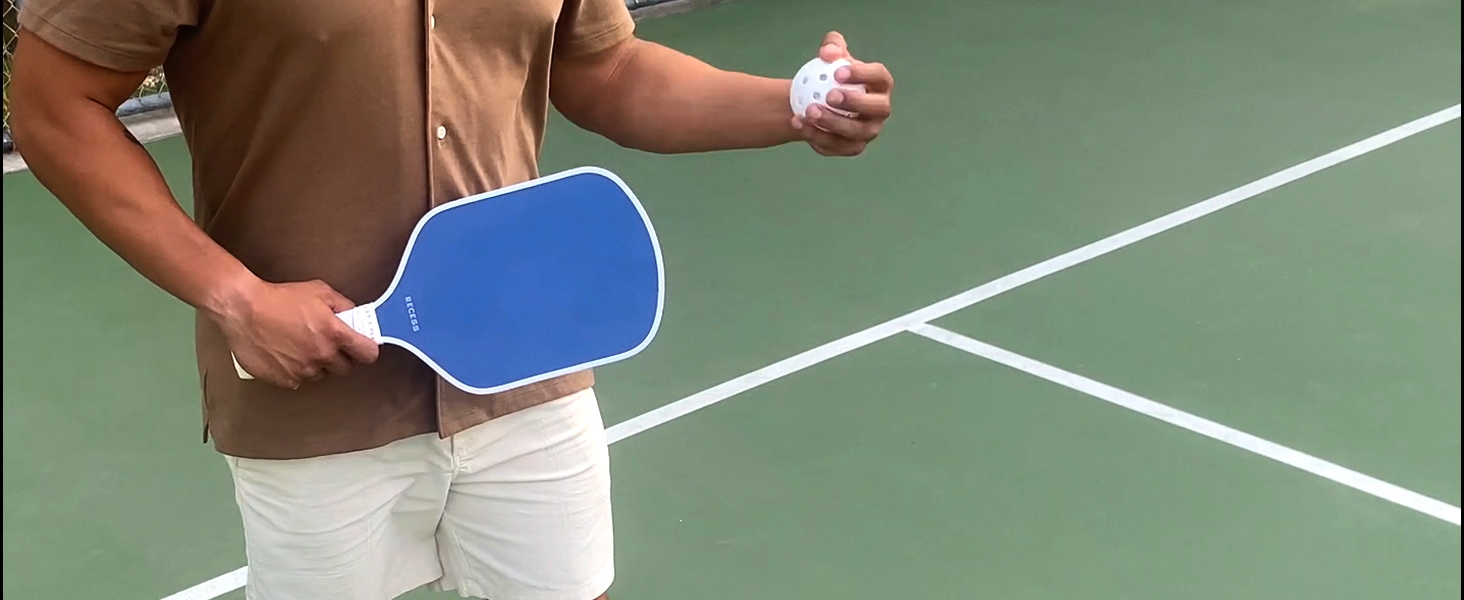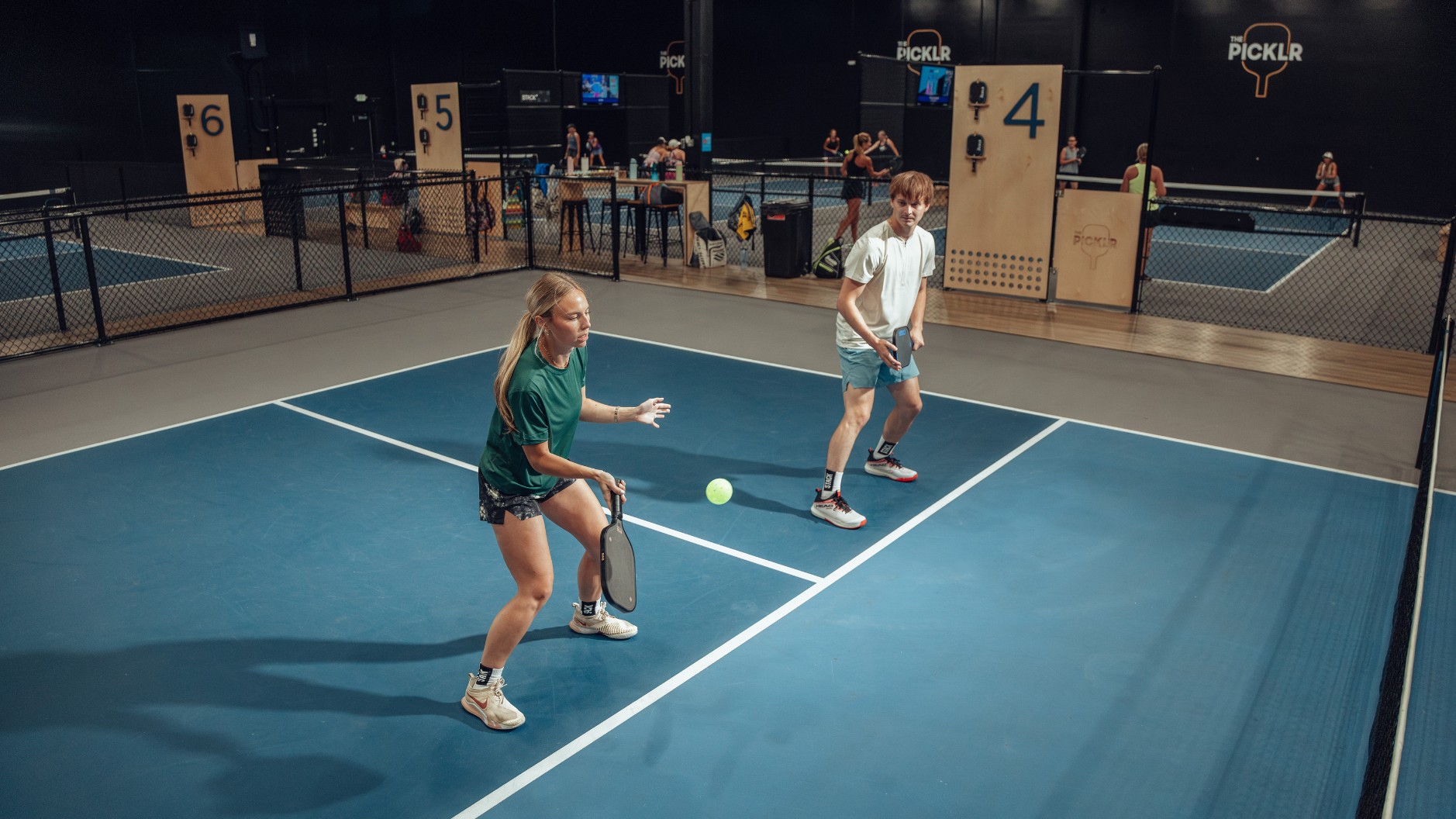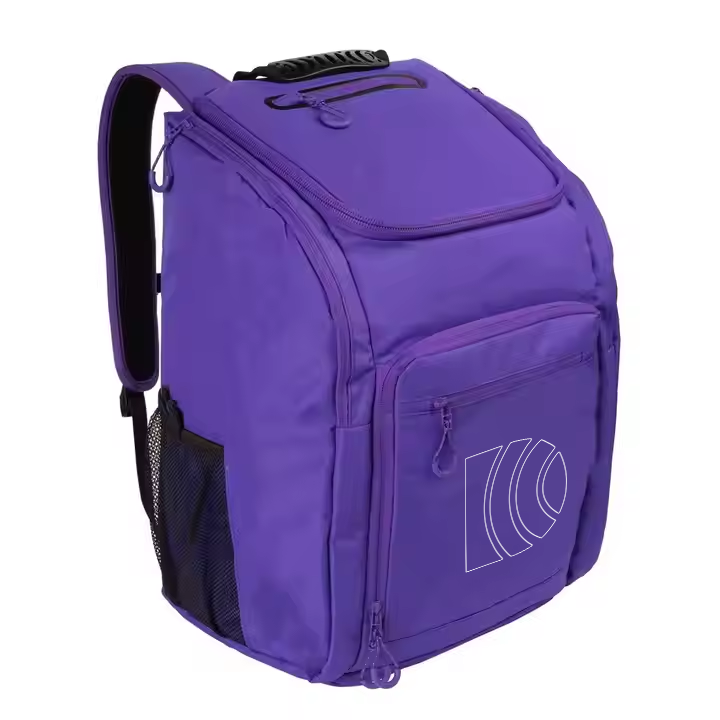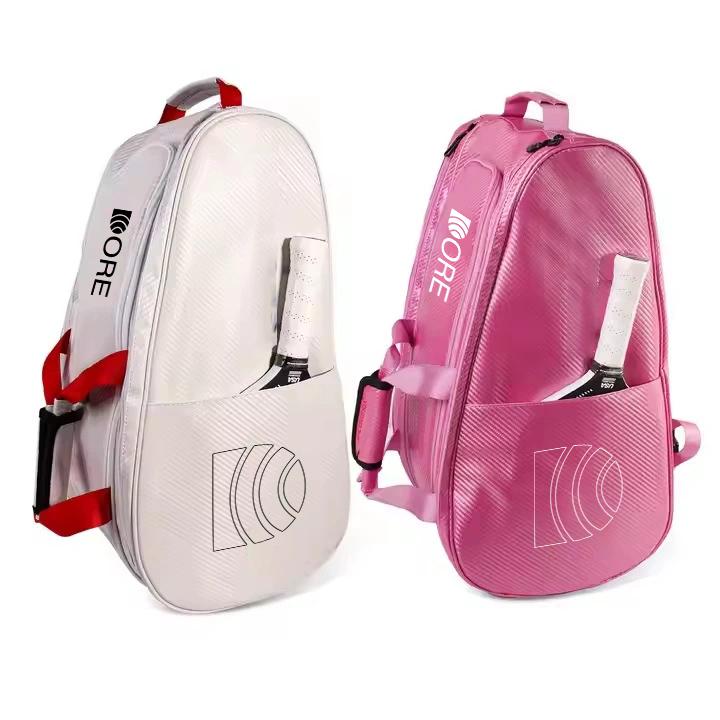1. Modular Production Zones – Precision from Start to Finish
Dore Sports’ factory is designed with a modular production structure. The entire manufacturing floor is divided into distinct zones: raw material preparation, core lamination, CNC cutting, edge guarding, surface finishing, quality inspection, and finally, packaging. This clear segmentation allows for parallel processing, significantly increasing output while maintaining rigorous quality control at each step.
Each zone is equipped with automated machinery tailored to specific paddle models and materials, including carbon fiber, fiberglass, and new hybrid composites. This modular layout enables flexibility in production, so Dore can swiftly adapt to new designs or custom client specifications without overhauling the entire assembly line.


